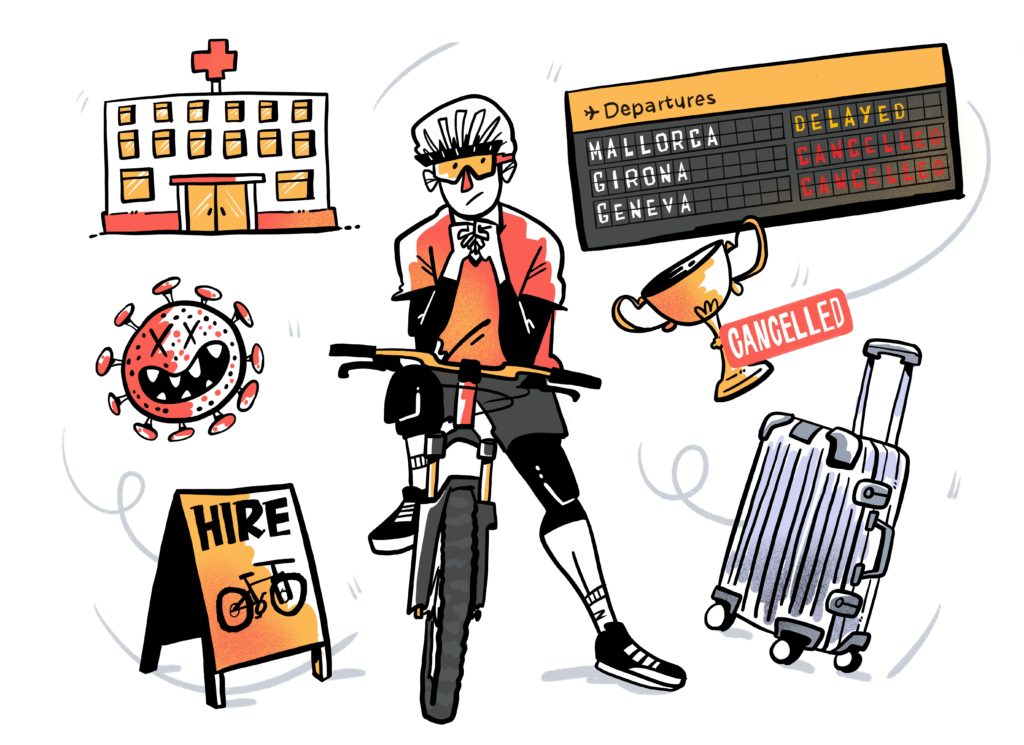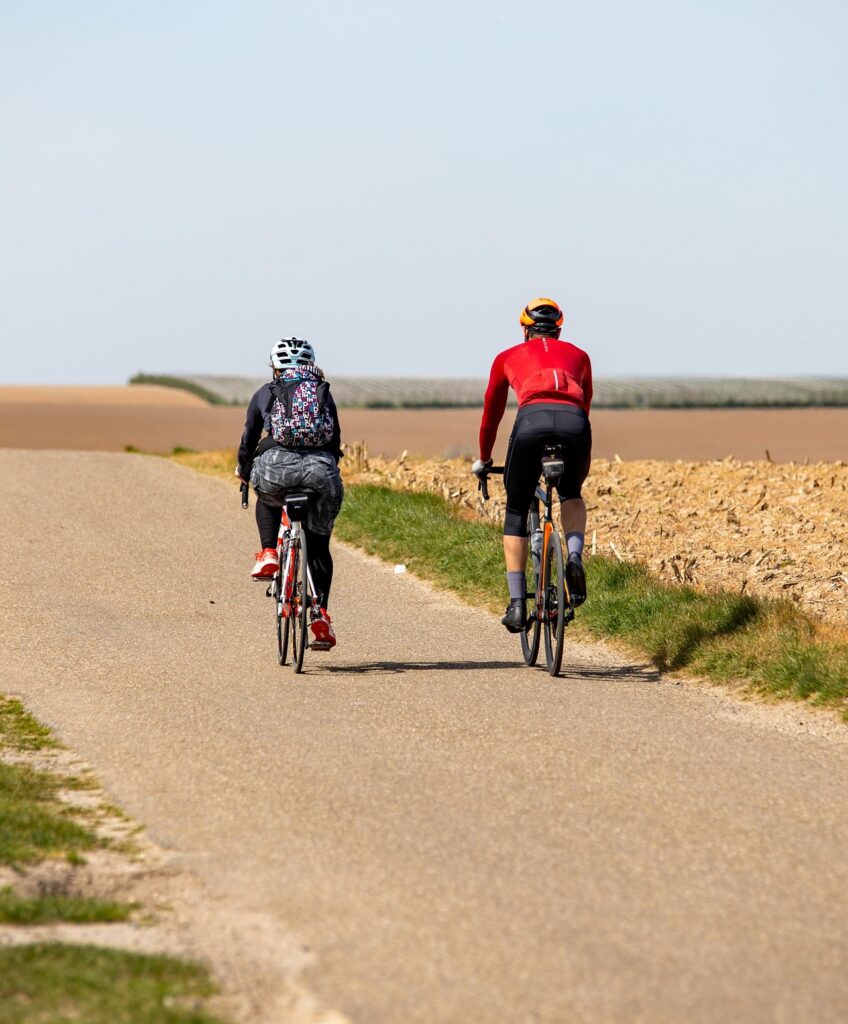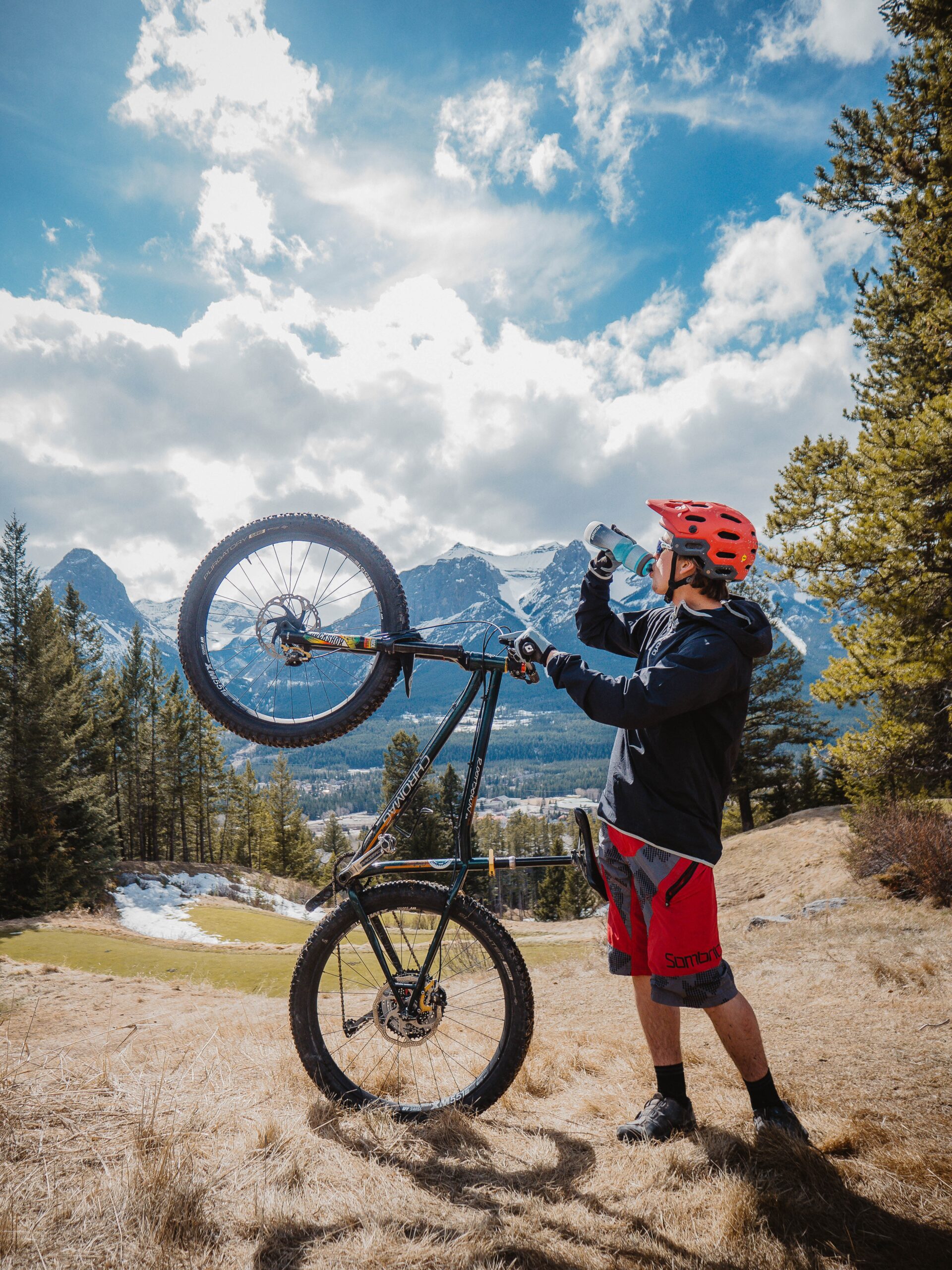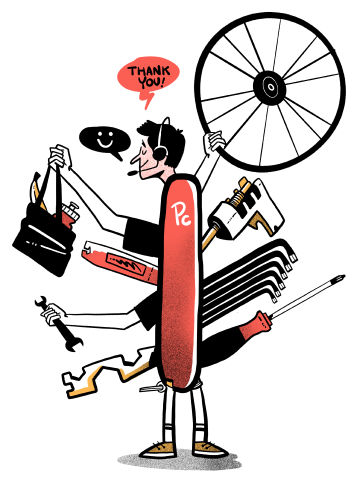Our policy covers you ONLY for pre-existing medical conditions on our list; we do not provide coverage for other conditions.
Covered pre-existing medical conditions:
- Acne
- ADHD
- Allergic reaction (anaphylaxis) provided that you have not needed hospital treatment for this in the last two years.
- Allergic rhinitis
- Arthritis (the affected person must be able to walk independently at home without using mobility aids)
- Asthma (the diagnosis must have been made when the affected person was under the age of 50, and the asthma be controlled by no more than two inhalers and no other medication)
- Blindness or partial sightedness
- Carpal tunnel syndrome
- Cataracts
- Chickenpox – if wholly resolved
- Common cold or flu
- Cuts and abrasions that are not self-inflicted and require no further treatment
- Cystitis – provided there is no ongoing treatment
- Deafness
- Diabetes (which is controlled by diet or tablets only)
- Diarrhoea and vomiting – if wholly resolved
- Eczema
- Enlarged prostate – benign only
- Essential tremor
- Glaucoma
- Gout
- Haemorrhoids
- Hay fever
- Ligament or tendon injury – provided you are not currently being treated
- Macular degeneration
- Menopause
- Migraine – provided there are no ongoing investigations
- Nasal polyps
- PMT
- RSI
- Sinusitis – provided there is no ongoing treatment
- Skin or wound infections that have entirely resolved with no current treatment
- Tinnitus
- Underactive thyroid (Hypothyroidism)
- Urticaria
- Varicose veins in the legs
Alternatively, you can view a directory set up by the Money and Pensions Service. This directory provides easy access to companies that specialise in covering pre-existing medical conditions, enabling customers to find the best value cover.
The directory can be accessed at https://traveldirectory.moneyadviceservice.org.uk/en or by calling 0800 138 7777.
Pedal Cover is not connected to the insurers provided by the directory. As we offer a travel insurance product aimed at cyclists, you should ensure that if you use a firm on the directory, they are able to cover your intended cycling activities.




